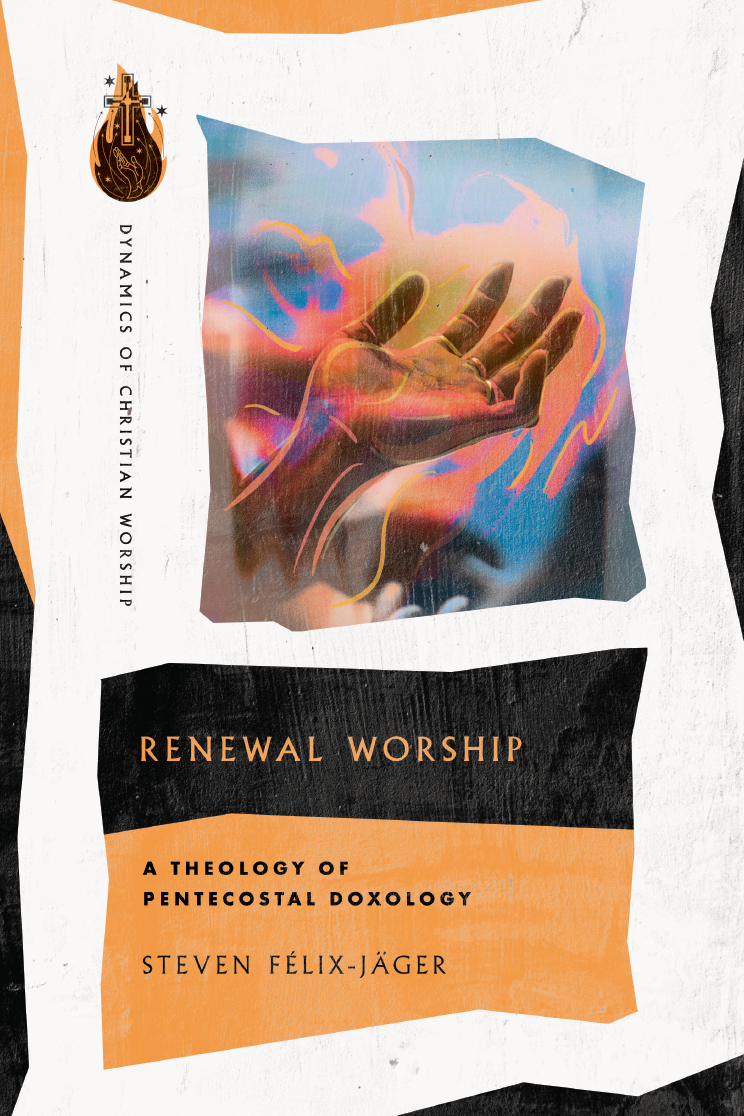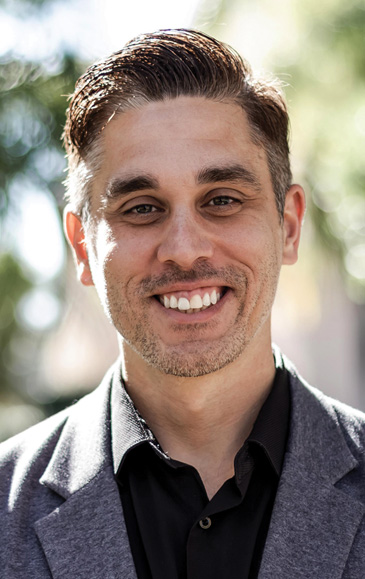A Conversation on Renewal Worship with Steven Félix-Jäger
All Christian worship is led by the Holy Spirit. But is there a distinctive theology of Pentecostal worship? In this interview, author Steven Félix-Jäger discusses Spirit-led doxology, implications for the global church, and his own experience of sensing the presence of the Holy Spirit in worship.
Your book Renewal Worship argues that while all worship is Spirit-led, the renewal movement or Pentecostal church offers a distinctive theology of worship. What is distinctive about its doxology?.
Steven Félix-Jäger: Pentecostals and charismatics practice expressive, embodied worship that features an expectation for encountering the Holy Spirit individually and corporately in the communal gathering. They see worship as both the reception of and response to the Spirit's overflow and the visualization of what is to come. Renewal worship uses the Acts 2 account of Pentecost as a guiding theological motif to underscore a theology that is pneumatocentric, eschatological, and steeped in the Pentecostal narrative tradition. What Pentecostals hold to be true is expressed in their worship, and their worship informs what they know to be true.
In the Gospel of John, Jesus tells the Samaritan woman at the well that those who worship God must "worship in the Spirit" (Jn 4:24). Can you give one example of a time when you sensed the presence of the Holy Spirit in worship?
Félix-Jäger: The primary expected outcome of Pentecostal worship is to sense the presence of the Holy Spirit, so there are countless examples of times when I sensed the Spirit's presence in worship. One moment sticks out particularly well for me, though. When I was eighteen years old, I was a junior high youth intern and worship leader at a large charismatic Southern Baptist Church in central Florida. On our way to a missions trip in Nashville, we stayed the night at a large Baptist church in Georgia. After settling in, me and about ten other students and youth workers decided to hold an impromptu worship service in one of the smaller rooms.
As was customary in those days, we got stuck singing "Let It Rain". . . for a long time! The Spirit was so tangibly present in the room—the air felt thick. At the end of our singing, we prayed and felt renewed and empowered, having dwelt in the presence of God together. When we left the room, the junior high youth pastor looked at us a bit askance and asked, "Did you know you were all singing in tongues?" We were amazed. Everything we heard was in English, but those outside the room heard something different. That was, for me, a pretty radical time of renewal worship.
Why do you think some Christians have difficulty attending to the Holy Spirit, and what are the implications of that for the church's worship?
Félix-Jäger: In our Western context, we've grown accustomed to appreciating artistic forms disinterestedly in stillness and reflection. Most cultures around the world, however, engage rituals and the arts holistically through embodied action. I think this is one of the reasons why Pentecostal worship resonates so well globally. Pentecostals also have a porous sense of the world, believing that the Spirit works in the miraculous even today. Pentecostals pray for and expect healings, signs, and wonders. Other traditions may have different theological emphases that give worshipers different points of focus. I believe every Christian tradition is valuable and offers something special to the kingdom of God, so the key is for each tradition to find its own authentic ways to worship in Spirit and in truth.
How do you think students, pastors, and worship leaders can benefit from your book and incorporate its insights into their ministry?
Félix-Jäger: After recognizing the lack of academic resources for renewal worship, I felt inspired—even called—to write on the subject. Studying renewal worship allows us to grasp what's going on with both the global Pentecostal movement and with Pentecostalism's influence on contemporary worship. This book offers a constructive theology of worship for Pentecostal and charismatic Christians, articulating theological language for commonly utilized renewal worship practices. By evaluating the worship practices of global Pentecostalism, this book can help students, pastors, and worship leaders understand the movement in general and global Christianity broadly.
What is your hope for those who pick up and read your book?
Félix-Jäger: I hope this book illuminates some of the many theological riches that are present in renewal worship. I like to apply Paul's image of church-as-body to Christian traditions. I believe every tradition is unique and significant and has much to offer the kingdom of God. Like the other traditions, Pentecostalism has much to offer as well. Let's find out what those riches are and learn from them. In true ecumenical spirit, I'd love to see worship traditions learn from each other and grow together. One day we're all going to worship together as we make up that great multitude in Rev. 7:9. Why not start now?
This interview originally appeared in the IVP Academic catalog. Sign up to receive the catalog to be the first to discover new academic books and author interviews.





